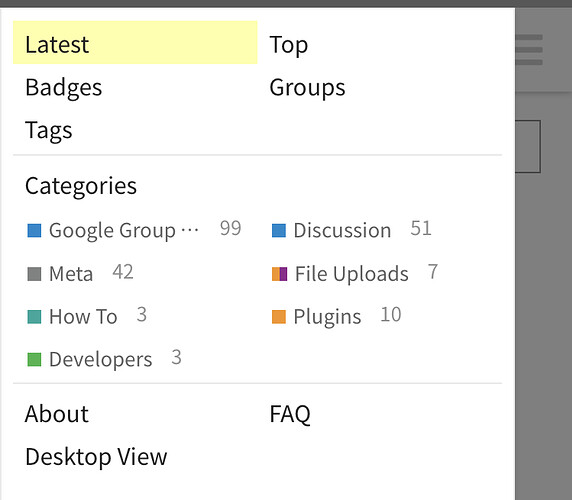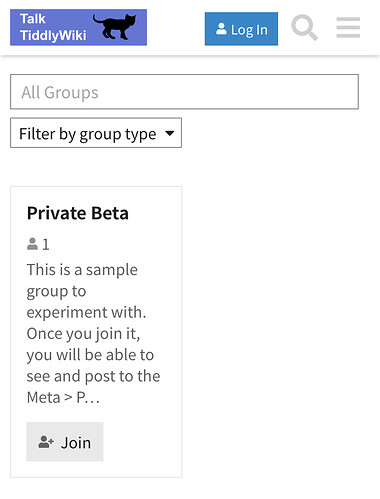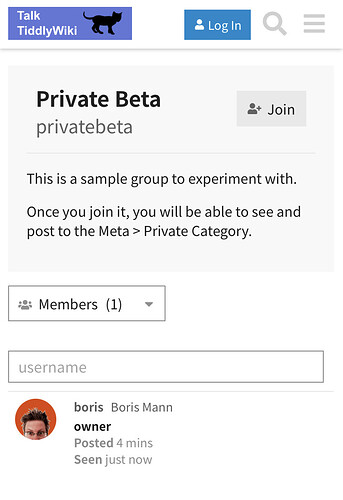I share @saqimtiaz and @Alvaro’s sentiments. I also think, with all due respect, wanting to stop private conversations is frankly a little paranoid. Apart from the fact it is easy for members to establish private conversations on other platforms anyway and trivially.
I have had a number of people directly email me from GG and contacted a few myself. Sometimes this is the only way to discuss or support someone when they feel mistreated by others, or supporting someone when doing so on the public threads may inflame the situation or cause embarrassment.
If a community has private threads it tends only to be used for private communications in relation to that community Or for responsible members to facilitate a healthy culture.
If anyone in the world wanted to contact me privately about a tiddlywiki matter and only know me, from here in discourse, how do they contact me? Some people like a private conversation because they feel they would look stupid publicly.
Similar to @saqimtiaz I and @pmario found value in undertaking a private conversation because Github and Discourse messaging was insufficient to address the complex arguments and technical issues we were discussing. It need not become public because it would have just confused people. Of course, as soon as we can the issues we were working on will become public.
If we cant be contacted privately people will be prompted to share contact details in threads, risking harvesting from malicious players. But sharing contacts immediately defeats the disabling of private messages.
I expect you can set a community standard that private messages should primarily be for the subject of tiddlywiki and only if you see someone abusing this (because people complain) or they have large volumes of private messages, only act then and preferably only stop a single user.
I also see the value in community members developing friendships and personal relationships that sometimes only private messages allow. As a whole this will only make the community stronger.
As an active participant I would like to be able to give someone private support, or a friendly message that they sounded harsh, needless to say I have received some of these messages myself in the past, perhaps because I subscribe to an “Egoless Programming” ethic which is sometimes thought of as personal attack when I was disputing the idea not the person.
Also we attract many with different languages, has anyone thought about this yet? Private messages may help non-english speakers seek help from others with the same language without embarrassment.
Finally I have started contributing to the funding, and will more so, when I have an income, So how can I view this as;
using community funding for private facilities
When I contribute to community funding for public and private facilities to promote and develop tiddlywiki. The private facilities which I will use rarely but when essential are about tiddlywiki why should I have to use less appropriate messaging and give away my private details unnecessarily?.
I was recently involved in a private conversation in tiddlywiki Discord because it allows this facility. It was to make some private arrangements and share contact details to help and “support English as a second languages speaker(s)” in our community.
I have being in communication PRIVATLY with a few members who’s personality can “run some up the wrong way” to help them participate more meaningfully and not be judged and I have even received a few apologies’.
I plead with you all to consider my arguments and forget this ill founded idea. Remember I argue the idea not the person.
Tony


